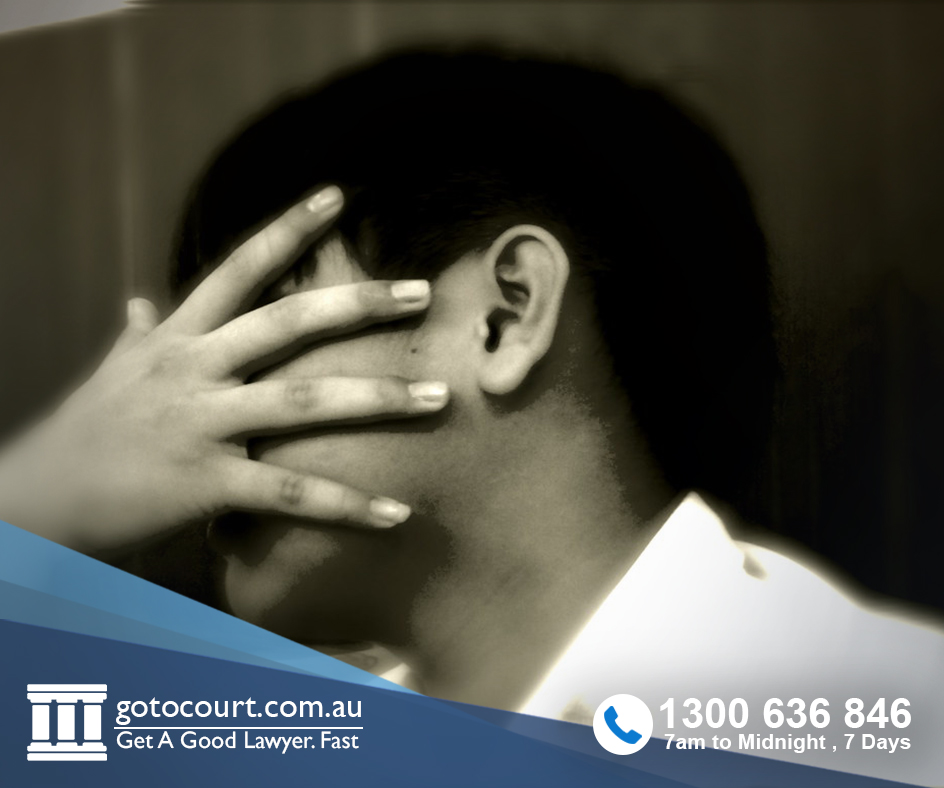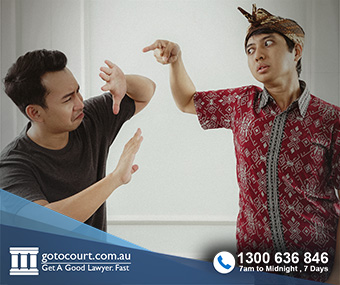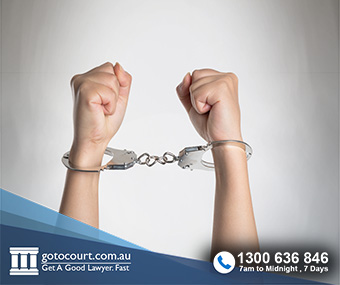The Defence of Provocation (NSW)
The Defence of Provocation (NSW)
In New South Wales, extreme provocation can be used as a ‘partial defence’ to a charge of murder. If a person charged with murder was acting in response to extreme provocation, he or she will be found guilty of manslaughter rather than murder (Crimes Act 1900, Section 23(1)). The defence of provocation does not exist in relation to assaults or other violent offences.
The law concerning provocation as a defence to murder was substantially altered in 2014 and does not apply to murders alleged to have been committed before 13 June 2014.
The legislation
Under Section 23 of the Crimes Act 1900, a jury is to acquit an accused of murder and find them guilty of manslaughter if:
- The act causing death was done in response to extreme provocation;
- The act was done in response to conduct towards the accused; and
- The conduct was a serious indictable offence;
- The conduct caused the accused to lose self-control; and
- The conduct of the deceased could have caused an ordinary person to lose self-control to the extent of intending to kill or inflict grievous bodily harm on the deceased.
Conduct does not amount to extreme provocation if it was limited to a non-violent sexual advance or if the accused incited the conduct as an excuse to use violence against the deceased.
Rationale
The rationale behind the defence of provocation is that a person’s moral culpability is reduced when they have lost control in response to provocative conduct. A conviction for manslaughter rather than murder is said to be more reflective of the level of blameworthiness in this situation.
Supporters of the defence argue that it is important to retain a distinction between killing in response to provocation and killing in other circumstances.
Reverse onus
The partial defence of extreme provocation carries what is known as a ‘reverse onus’. This means that once the defence has raised it as a defence, the prosecution must prove beyond a reasonable doubt that the accused was not acting under provocation. It is not for the accused to prove that he or she was acting under provocation.
What the jury must consider
The jury must apply the following questions to the evidence before the court in assessing whether the victim was killed in response to extreme provocation:
- Was the act that caused death done in response to conduct of the deceased towards or affecting the accused? If the jury is not satisfied beyond a reasonable doubt that the act that caused death was the response to conduct directed towards or affecting the accused, the defence of extreme provocation fails.
- Was the conduct a serious indictable offence? The jury must be satisfied beyond a reasonable doubt that the deceased’s conduct amounted to an indictable offence, having regard to all the elements of the indictable offence in question.
- Did the conduct cause the accused to lose self-control? If the conduct did not cause the accused to lose self-control then the defence of provocation fails.
- Could the conduct have caused an ordinary person to lose self-control to the extent of intending to kill or inflict grievous bodily harm? An ordinary person is one who is sober and of the same age and level of maturity as the accused. The jury must not take into account any other personal attributes of the accused. The response to consider is a possible response and not the probable response. If the accused was voluntarily intoxicated at the time of the act causing death, this must be disregarded.
Provocation before 2014
Prior to 2014 the defence of provocation had a significantly wider scope. In 2012 a man was convicted of manslaughter rather than murder after successfully arguing that he killed his wife in response to provocation after she told him that she did not love him, had never loved him and in fact loved someone else. A select committee was established to consider the reform of the defence after community concerns were raised about this verdict. Critics of the defence argued that provocation was commonly used by men who killed their partners, that the defence blamed the victim and that it privileged male reactions to insult.
In 2014, the defence of provocation was significantly restricted to ensure that it could not be used in situations where the provocation claimed was infidelity, ending a relationship or a non-violent sexual advance. The partial defence was retained, partially in response to concerns that was necessary to protect female victims of long-term domestic violence where it may be impossible to establish the act causing death was done in self-defence.
If you need legal advice or representation in a criminal law matter or in any other legal matter please contact Go To Court Lawyers.

Affordable Lawyers
Our Go To Court Lawyers will assist you in all areas of law. We specialise in providing legal advice urgently – at the time when you need it most. If you need a lawyer right now, today, we can help you – no matter where you are in Australia.How It Works




1. You speak directly to a lawyer
When you call the Go To Court Legal Hotline, you will be connected directly to a lawyer, every time.

2. Get your legal situation assessed
We determine the best way forward in your legal matter, free of charge. If you want to go ahead and book a face-to-face appointment, we will connect you with a specialist in your local area.

3. We arrange everything as needed
If you want to go ahead and book a fact-to-face appointment, we will connect you with a specialist in your local area no matter where you are and even at very short notice.

















